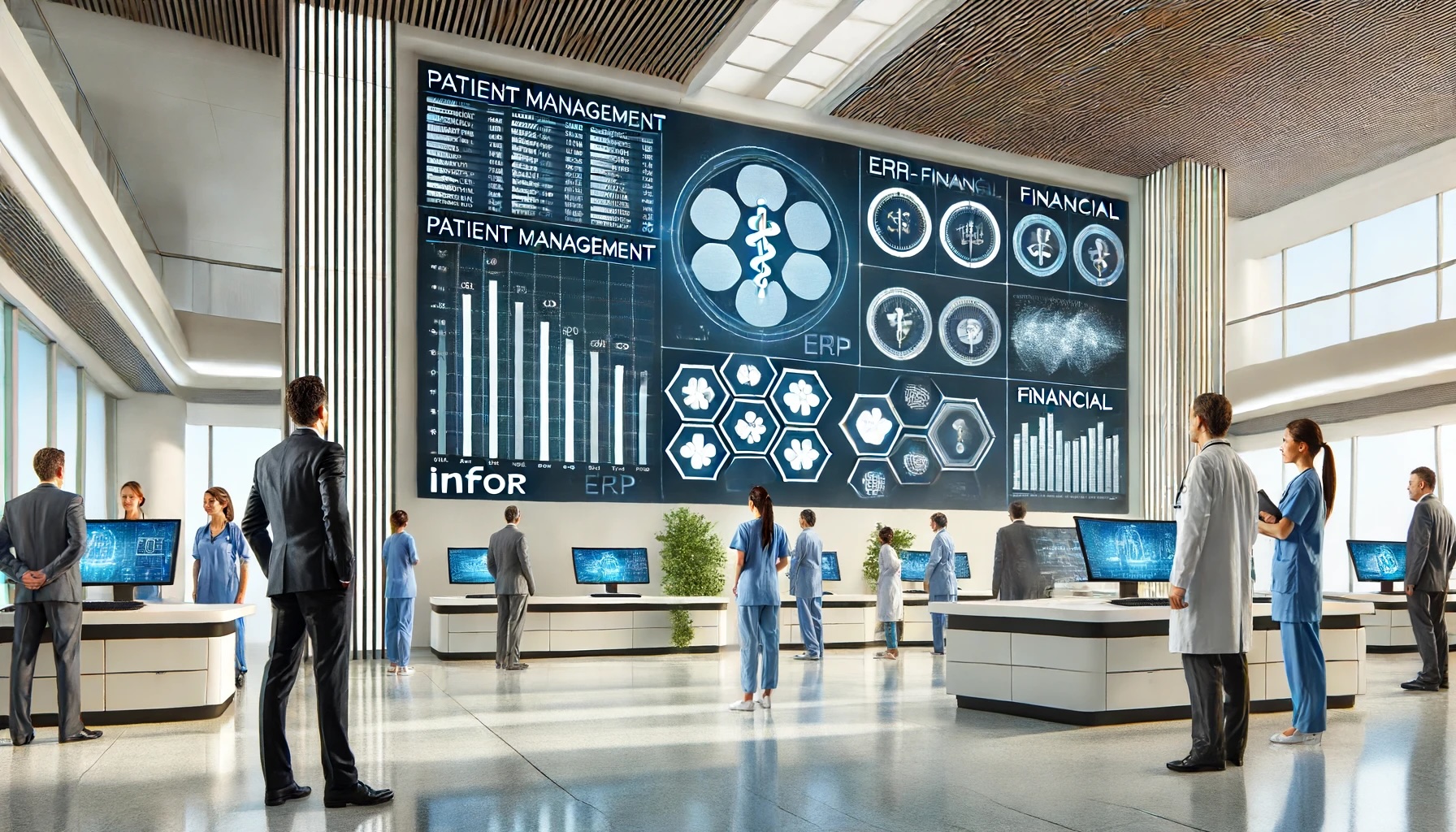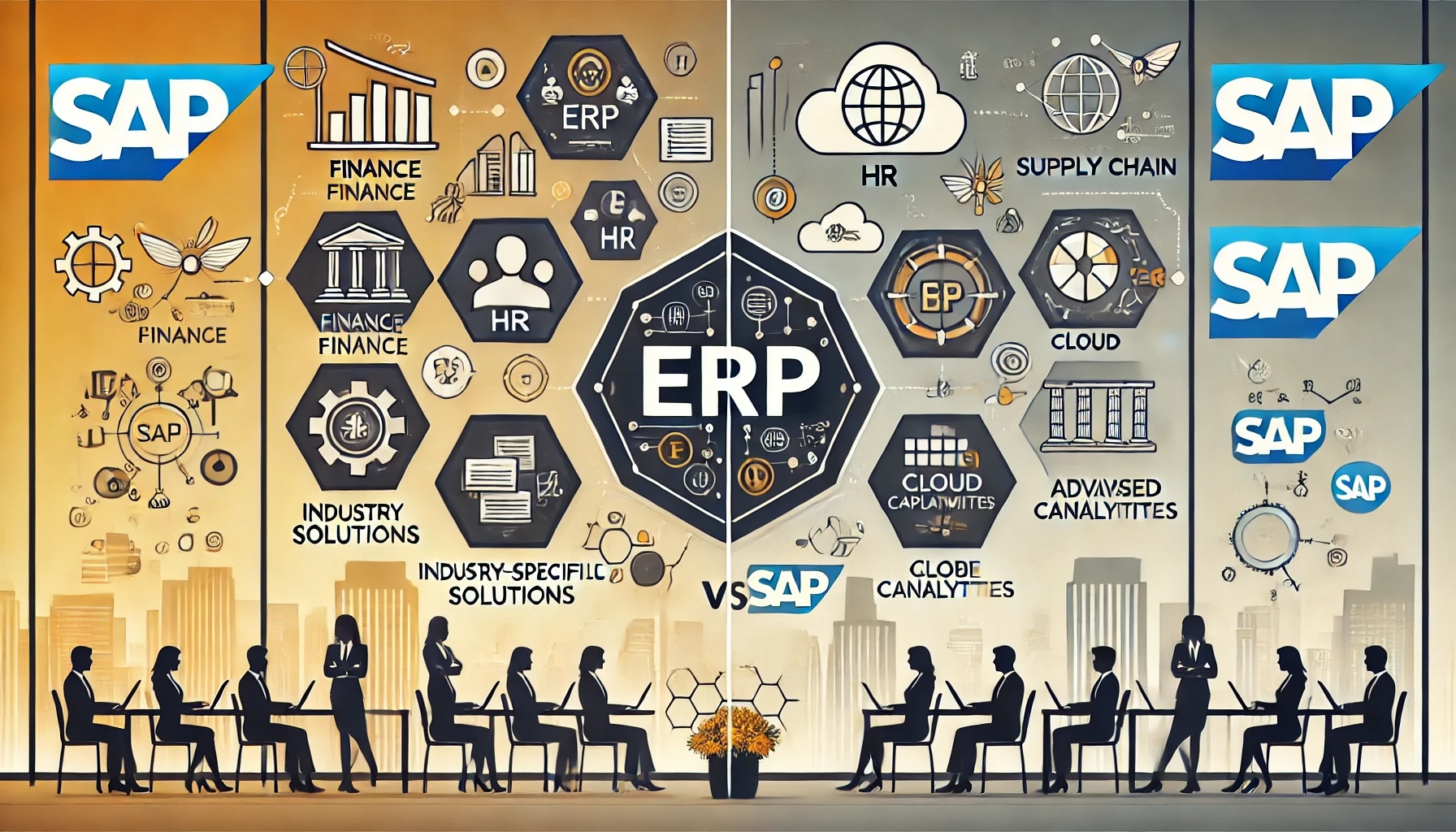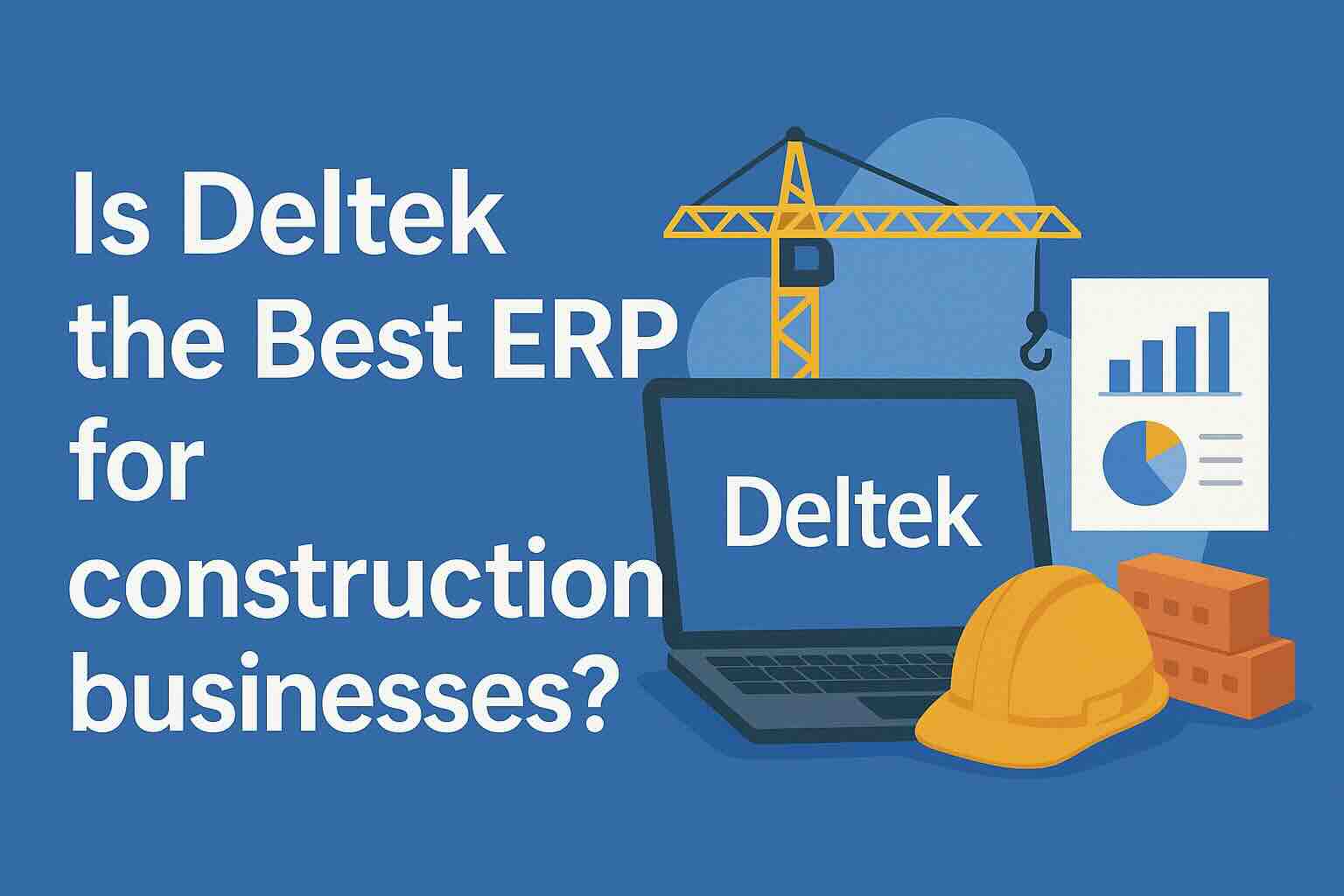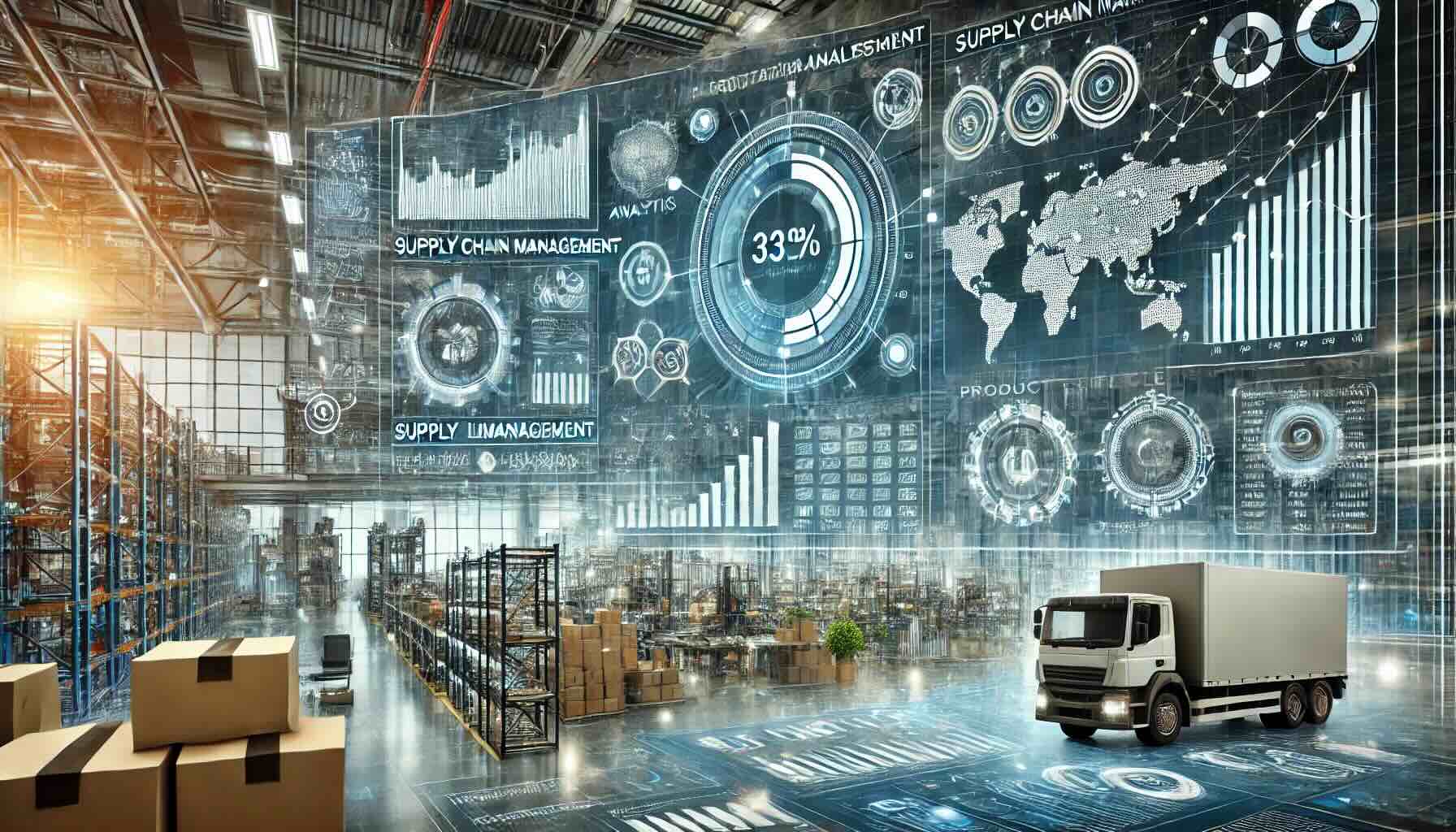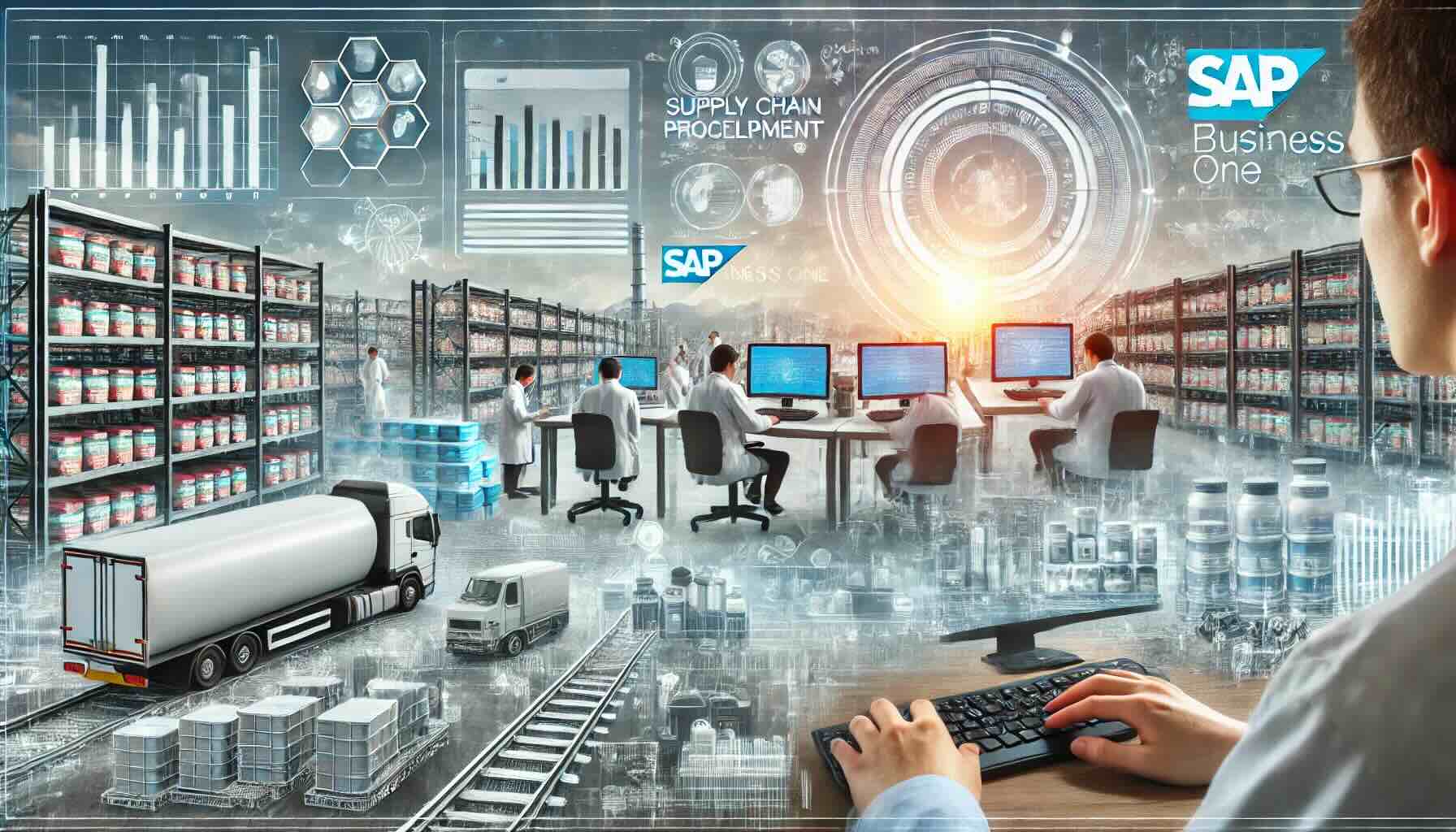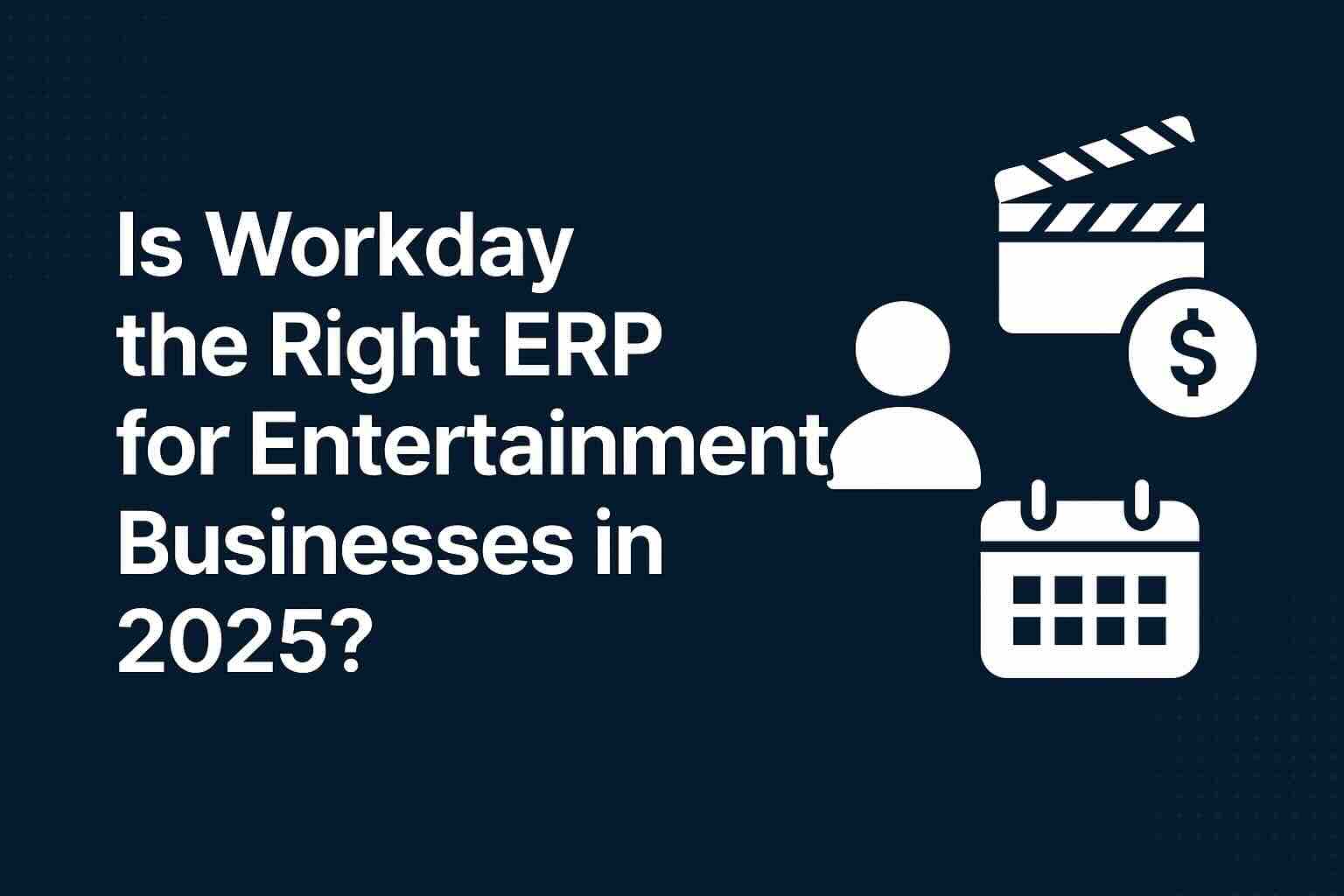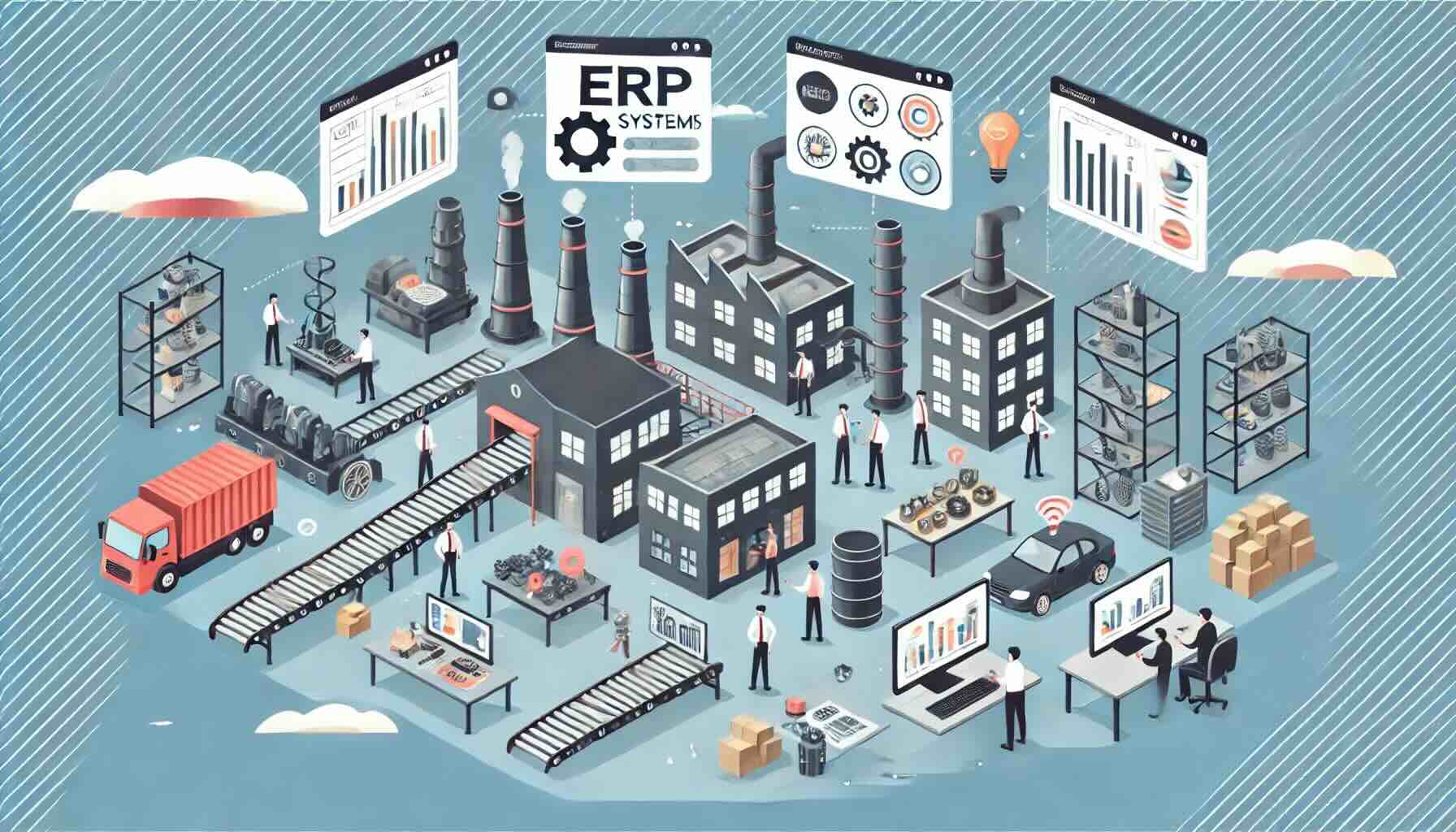ERP Systems for Manufacturing: Streamlining Production and Boosting Efficiency
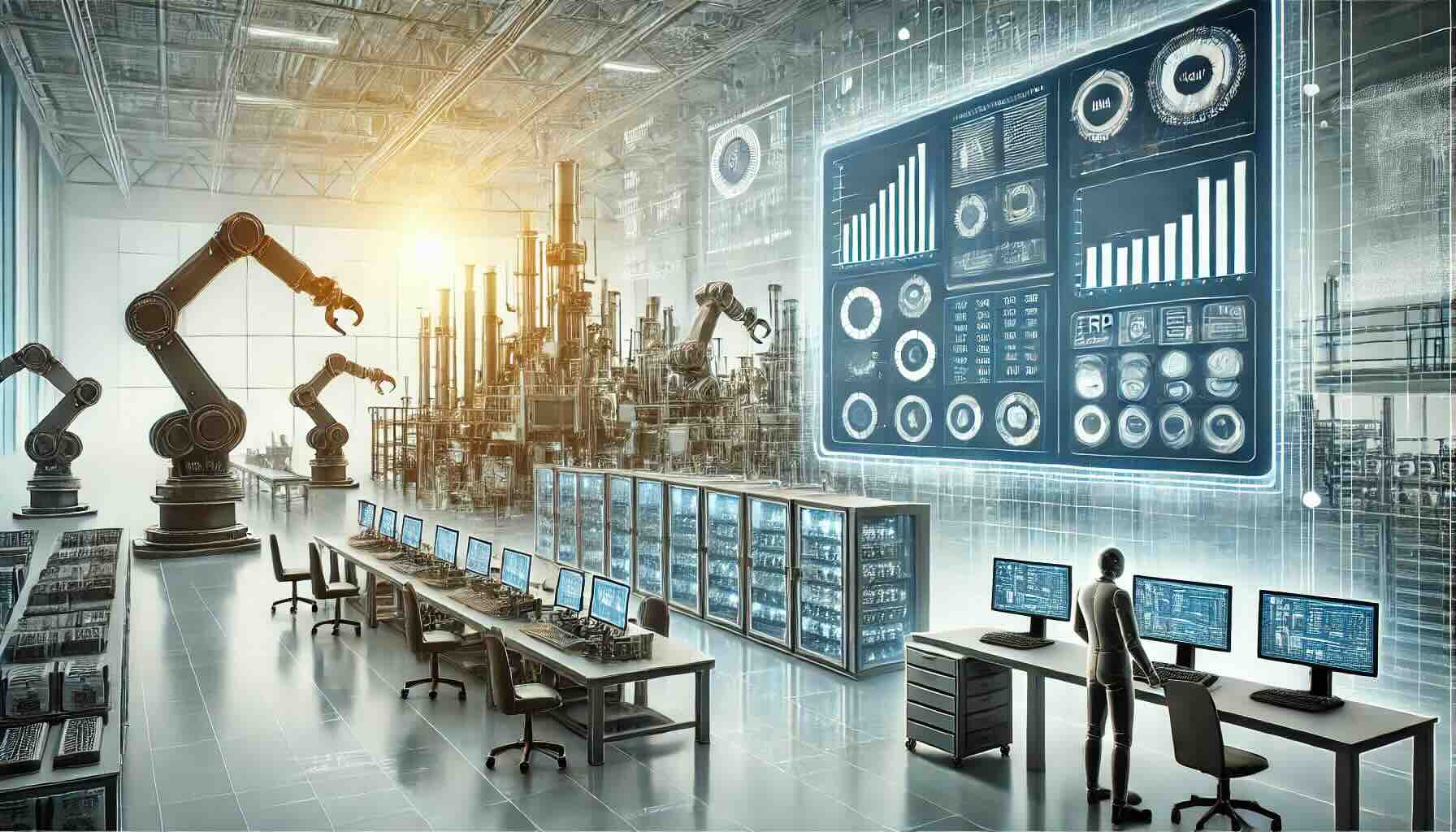
In the competitive world of manufacturing, efficiency, precision, and adaptability are critical. Enterprise Resource Planning (ERP) systems for manufacturing have become an essential tool, helping businesses streamline operations, improve productivity, and stay competitive in a rapidly evolving industry. This guide explores the benefits, key features, and considerations for implementing ERP systems in manufacturing.
What Are ERP Systems for Manufacturing?
ERP systems for manufacturing are integrated software solutions that manage core business processes across departments. These systems provide a centralized platform for managing production schedules, inventory, supply chain operations, finance, and customer relationships. Unlike traditional ERP systems, those designed for manufacturing are tailored to meet the specific needs of production-based businesses, offering tools to optimize shop floor activities, track raw materials, and ensure compliance with industry standards.
Why Are ERP Systems Essential in Manufacturing?
1. Streamlining Operations
Manufacturing involves complex workflows, including procurement, production, quality control, and delivery. ERP systems consolidate these processes, ensuring seamless communication and minimizing redundancies. By integrating various functions, businesses can eliminate siloed operations and reduce the time spent on manual tasks.
2. Improving Supply Chain Management
A robust ERP system helps manufacturers track and manage their supply chain more effectively. From procurement to distribution, the software ensures real-time visibility into inventory levels, supplier performance, and order statuses, enabling informed decision-making and reducing bottlenecks.
3. Enhancing Production Efficiency
ERP systems provide tools for scheduling production runs, tracking work orders, and optimizing machine usage. By reducing downtime and streamlining workflows, manufacturers can increase output and meet customer demands more efficiently.
4. Ensuring Regulatory Compliance
Many industries have strict compliance requirements regarding quality, safety, and environmental standards. ERP systems help businesses monitor and document compliance efforts, reducing the risk of penalties and ensuring product quality.
5. Data-Driven Decision-Making
ERP systems collect and analyze data across departments, providing actionable insights. Whether tracking key performance indicators (KPIs) or forecasting demand, manufacturers can make informed decisions that drive growth.
Key Features of ERP Systems for Manufacturing
To maximize benefits, manufacturers should look for ERP systems with the following features:
1. Inventory Management
Efficient inventory tracking ensures the availability of raw materials while minimizing excess stock. ERP systems can automate reorder levels, track item locations, and monitor usage rates.
2. Production Planning and Scheduling
Tools for creating production schedules help optimize resource allocation, reduce lead times, and ensure on-time delivery.
3. Quality Management
Quality assurance features ensure that products meet industry standards. ERP systems enable tracking of inspections, defect rates, and corrective actions.
4. Supply Chain Management
An ERP system integrates procurement, logistics, and vendor management, providing a unified view of the supply chain.
5. Financial Management
Managing costs, budgets, and accounts becomes easier with integrated financial tools, helping businesses track profitability and reduce overheads.
6. Real-Time Analytics and Reporting
Access to real-time data and customizable dashboards allows manufacturers to monitor performance and identify opportunities for improvement.
7. Integration with IoT and Automation
Modern ERP systems often integrate with Internet of Things (IoT) devices and automated systems, enabling real-time monitoring of equipment and predictive maintenance.
Benefits of Implementing ERP Systems in Manufacturing
Increased Productivity
Automating routine tasks and streamlining workflows allows employees to focus on high-value activities, boosting overall productivity.
Reduced Costs
By optimizing resource usage and minimizing waste, ERP systems help reduce operational costs. Real-time data insights also enable better financial management.
Enhanced Customer Satisfaction
Improved production planning and on-time delivery ensure that customer expectations are met. ERP systems also help manage customer relationships, fostering loyalty.
Scalability
As businesses grow, ERP systems can scale to accommodate increased production, additional locations, and more complex operations.
Risk Mitigation
With better data visibility and compliance tracking, manufacturers can proactively address potential risks and avoid costly disruptions.
Considerations When Choosing an ERP System for Manufacturing
1. Industry-Specific Features
Ensure the ERP system offers functionalities tailored to your manufacturing niche, such as batch tracking for food production or CAD integration for custom manufacturing.
2. User-Friendliness
A user-friendly interface ensures quicker adoption by employees, reducing training time and costs.
3. Customization and Scalability
Choose a system that can be customized to meet your unique needs and grow with your business.
4. Cloud vs. On-Premise
Cloud-based ERP systems offer flexibility and lower upfront costs, while on-premise solutions provide greater control over data.
5. Vendor Reputation
Evaluate potential vendors based on their experience in the manufacturing sector, customer reviews, and support services.
6. Cost
Consider both initial costs and long-term expenses, including maintenance, upgrades, and training.
Popular ERP Systems for Manufacturing
Choosing the right ERP system can make a significant difference in your manufacturing operations. Below is an overview of some of the top ERP systems for manufacturing, along with their key pros and cons to help you make an informed decision.
SAP S/4HANA
SAP S/4HANA is a leading ERP solution known for its advanced analytics and comprehensive features tailored to complex manufacturing processes.
Pros:
- Real-time data processing for faster decision-making.
- Advanced analytics and AI-powered insights.
- Scalable for large enterprises and complex workflows.
Cons:
- High implementation and maintenance costs.
- Steep learning curve for new users.
- Best suited for large-scale manufacturers, which may not align with smaller businesses.
To find out more about SAP S/4HANA you can visit this link.
Oracle NetSuite
Oracle NetSuite is a cloud-based ERP solution ideal for managing supply chains, finances, and production in a unified platform.
Pros:
- Highly customizable and scalable for growing businesses.
- Strong supply chain and inventory management tools.
- User-friendly, cloud-based platform accessible from anywhere.
Cons:
- Limited advanced manufacturing features for highly specialized needs.
- Can require additional integrations for specific industry requirements.
- Costs can add up for businesses needing heavy customization.
To find out more about NetSuite you can visit this link.
Microsoft Dynamics 365
Microsoft Dynamics 365 is a versatile ERP system that integrates seamlessly with other Microsoft tools, offering a unified ecosystem.
Pros:
- Strong integration with Microsoft Office Suite and Power BI for analytics.
- Flexible deployment options (cloud, on-premise, or hybrid).
- Intuitive user interface that reduces the learning curve.
Cons:
- Customization may require additional costs and technical expertise.
- Some advanced manufacturing features may be lacking out-of-the-box.
- Performance can be impacted with complex, large-scale deployments.
To find out more about Microsoft Dynamics you can visit this link.
Infor CloudSuite
Infor CloudSuite specializes in industry-specific ERP solutions, making it a great choice for manufacturers with unique workflows.
Pros:
- Industry-specific solutions for manufacturing, such as automotive, food, and industrial machinery.
- Strong automation and supply chain management capabilities.
- Cloud-based platform with robust scalability.
Cons:
- Customization options can be limited compared to competitors.
- The interface may feel outdated for some users.
- Requires adequate training to fully leverage its capabilities.
To find out more about Infor you can visit this link.
Epicor Kinetic
Epicor Kinetic is designed for small to mid-sized manufacturers, providing tools for production planning, inventory control, and resource management.
Pros:
- Tailored for small and mid-sized manufacturers.
- Excellent production planning and scheduling tools.
- User-friendly and easy to adopt for growing businesses.
Cons:
- Limited scalability for large enterprises with complex operations.
- Customizations can increase implementation time and cost.
- Some users report challenges with customer support response times.
To find out more about Epicor you can visit this link.
Conclusion
ERP systems for manufacturing are no longer optional; they are a critical investment for businesses aiming to stay competitive in today’s fast-paced market. By streamlining operations, improving efficiency, and enabling data-driven decisions, these systems empower manufacturers to meet challenges head-on and drive long-term growth. Selecting the right ERP solution requires careful consideration, but the benefits far outweigh the effort, paving the way for a more agile and resilient manufacturing process.
Ready to Transform Your Manufacturing Business?
Implementing the right ERP system could be the game-changer your business needs. To find the perfect solution, compare ERP solutions and explore options tailored to your needs with our new AI-powered Compare ERP tool. It’s free to use, and you’ll receive a guaranteed discount on your first year’s license fees with a referral from Compare ERP. Start today and take the first step toward streamlining your operations and boosting efficiency!
